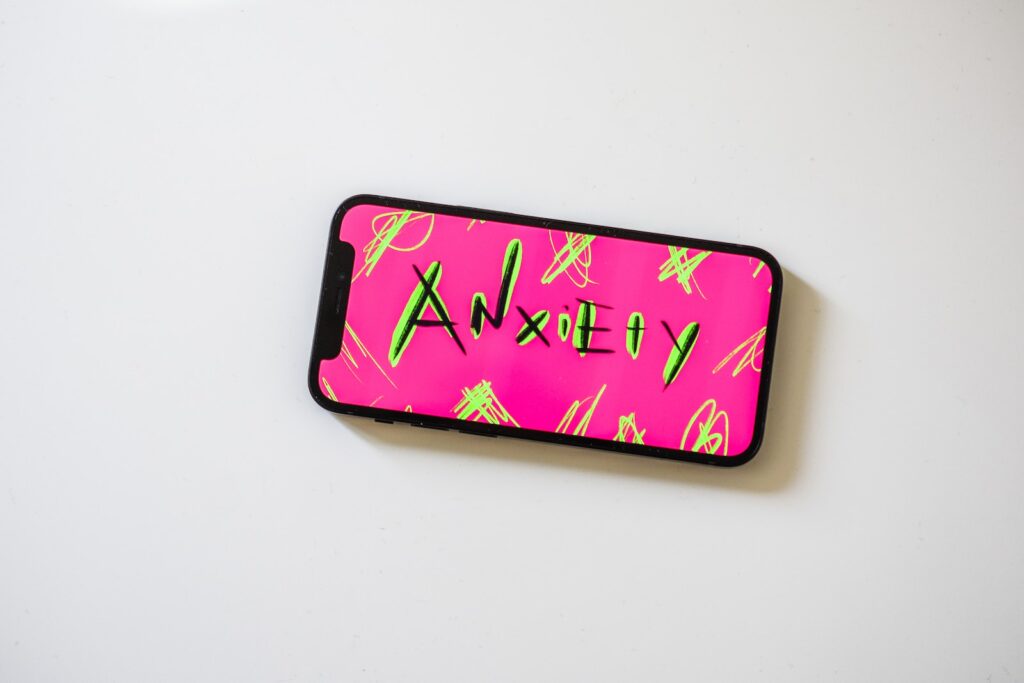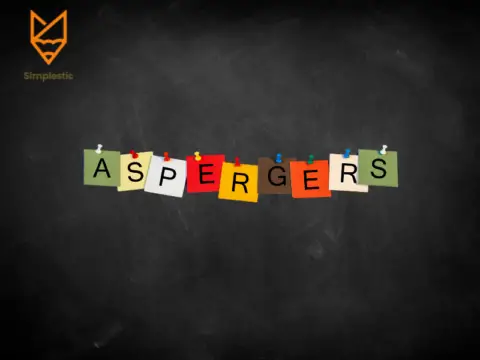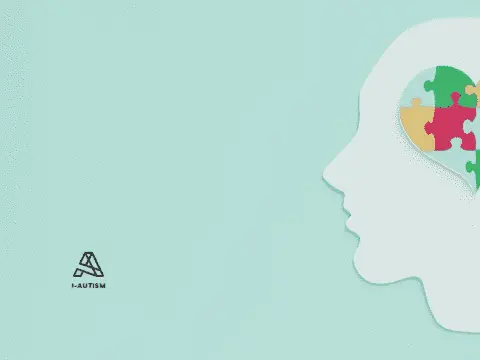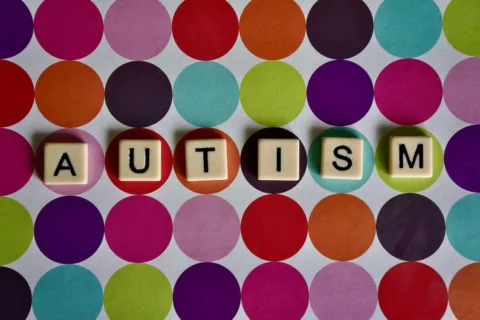Introduction
One of the most common questions I hear is, “Is it autism or social anxiety?” Most of the time, my answer is, “It’s both.” Both conditions are neurological disorders that can make social situations difficult. While they may look similar on paper, there are key differences between them. If you’re wondering if you have both disorders or just one—or which one it might be—here’s how to know.
Autism and social anxiety are both disorders that cause problems in social situations.
Both autism and social anxiety are mental disorders that can cause problems in social situations. Both are diagnosed by a doctor, and both can be treated with medication and therapy. People with both conditions may find their lives more difficult than those without either one because of their difficulty interacting with others, which can lead to depression and anxiety.
If you’re worried about your child’s behavior or moods, speak with his doctor about what might be going on–and if you think he might have autism or another condition that affects his ability to relate well with other people (like social anxiety), ask for an evaluation so that you know what steps need taking next!
The symptoms of autism and social anxiety are similar, but there are also some key differences.
While autism and social anxiety are both disorders that can cause a person to feel overwhelmed in social situations, there are some key differences between the two conditions.
- Autism is characterized by difficulties with communication and social interaction, as well as restricted interests and repetitive behaviours. These symptoms typically appear early in childhood and may continue throughout life.
- Social anxiety disorder (also known as generalized anxiety disorder) occurs when you experience intense fear or embarrassment in everyday situations that other people would find ordinary or harmless (for example, talking on the phone). Unlike people with autism spectrum disorder, those who have social phobia aren’t usually withdrawn from their families or friends; instead of avoiding them altogether, they may simply struggle to form relationships because of their fears about being judged by others–or even just meeting new people at all!
Social anxiety is a common disorder that can be treated with psychotherapy, medication or other approaches. If you have social anxiety disorder and are experiencing distressing symptoms that interfere with your day-to-day life, speak with your doctor about treatment options.
The symptoms of a social anxiety disorder can be so severe that they interfere with your life and ability to function normally. You may experience intense fear and embarrassment in situations where you’re expected to be seen or heard by others, such as at work or school, when meeting new people or during public speaking. If you have this condition, it can make it hard for you to go out on weekends with friends or attend parties and other social gatherings where there are unfamiliar faces.
It can be difficult to diagnose either condition because they have overlapping symptoms.
It’s important to note that autism and social anxiety don’t have the same symptoms. Autistic people can have difficulty communicating with others, but they don’t necessarily feel uncomfortable in social situations. On the other hand, those with social anxiety disorder may not be able to pick up on nonverbal cues from their peers or understand how their actions affect others–but they’ll still want relief from the overwhelming feelings of distress that come with being around people.
The difference between these two conditions also affects how they’re treated: While there are medications available for treating autism (e.g., Risperdal), there aren’t any specifically designed for treating social anxiety disorder (though some antidepressants have shown promise).
According to the National Institute of Mental Health, social anxiety disorder is the most common anxiety disorder, affecting about 7 percent of Americans. And though it can be debilitating for those who suffer from it, there are ways to manage symptoms and lead a more fulfilling life.
Treatment for both conditions may involve medication and therapy.
Both social anxiety disorder and autism spectrum disorders can be helped with medication and therapy. Medication is not always necessary, but it can be helpful in treating the symptoms of both conditions.
The most common medication used to treat anxiety disorders is selective serotonin reuptake inhibitors (SSRIs), which work by increasing levels of serotonin in the brain. SSRIs include brand names like Prozac, Paxil, Zoloft and Celexa. Your doctor may also prescribe benzodiazepines or tricyclic antidepressants for short-term use if you have severe symptoms that don’t respond well to SSRIs alone.
Therapy is an important part of managing both autism spectrum disorders and social anxiety disorder because it teaches you coping skills so that you can manage your symptoms more effectively. For example:
It’s important to get a diagnosis from your doctor so you can find the right treatment for you.
Getting a diagnosis is the first step in finding treatment. It can help you understand your condition and learn how to manage it. For example, if you have a social anxiety disorder, a therapist may recommend that you take medication or see a counselor to help with the symptoms of your anxiety. If an autism spectrum disorder is diagnosed, your doctor might suggest therapies that address specific challenges related to social communication and behavior.
Conclusion
Both autism and social anxiety are disorders that cause problems in social situations. The symptoms of autism and social anxiety are similar, but there are also some key differences. It can be difficult to diagnose either condition because they have overlapping symptoms. Treatment for both conditions may involve medication and therapy. It’s important to get a diagnosis from your doctor so you can find the right treatment for you.









